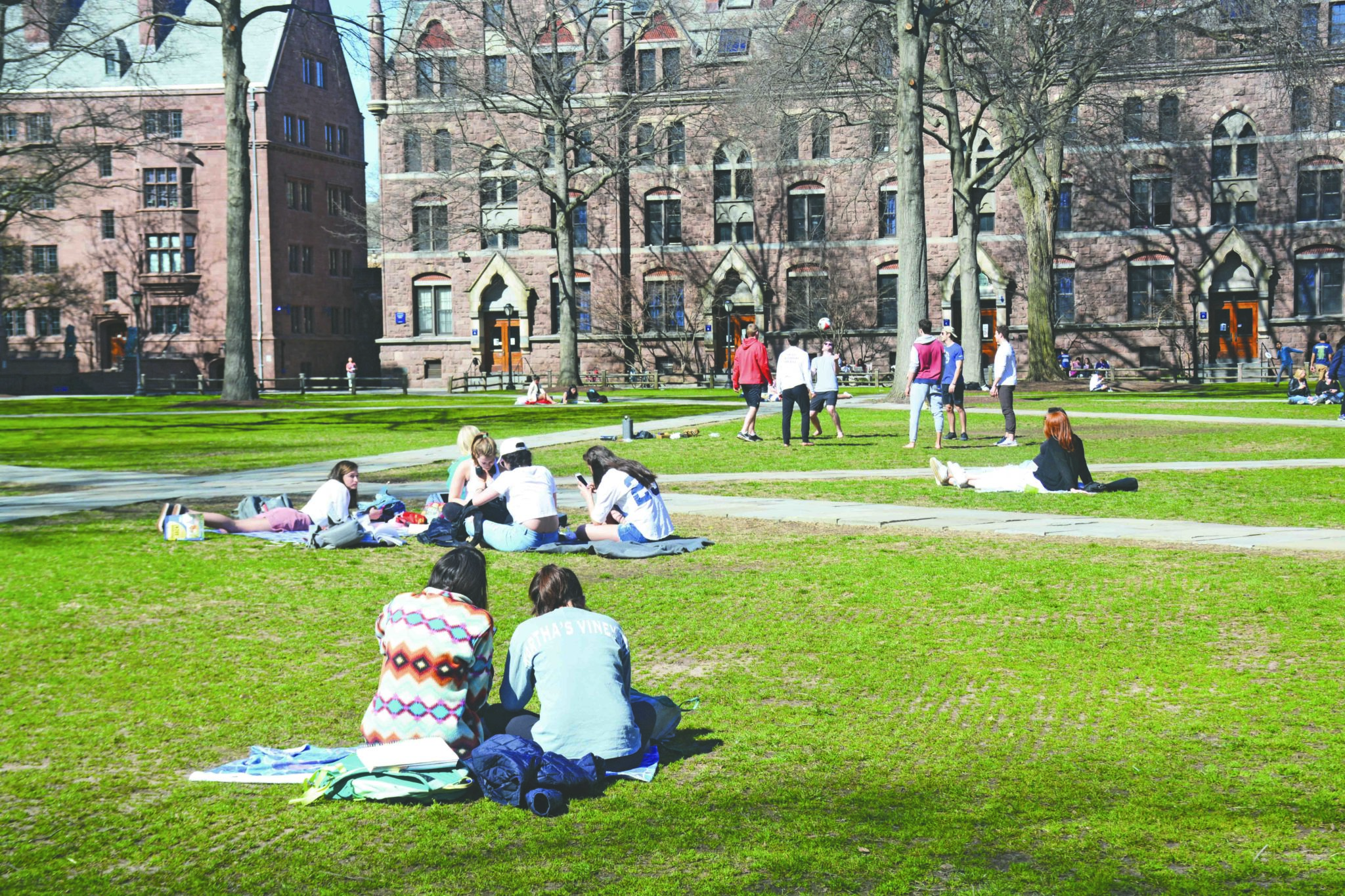
The Faculty of Arts and Sciences Senate on Monday will kick off its year-long series of town hall meetings for the University community. The series, entitled “The American University in the Twenty-First century,” will explore the relationship between universities and American society.
The FAS Senate plans to host three to four town halls this academic year for faculty, administration, students and staff, the first of which will cover “Scientific Knowledge in the Public Sphere.” The events will address challenges such as cuts to public institutions like the National Endowment for the Humanities and the National Science Foundation, science denial, anti-intellectualist political culture and soaring student debt. Featuring faculty panelists who work in areas related to the town halls’ subjects, the events are designed to communicate information and facilitate community-wide problem solving, according to Matthew Jacobson, FAS Senate chair and professor of American Studies and history.
“American educators and students absolutely need to learn how to convey our core mission to the broader world in a way that does justice to the university as a collective resource and a public good,” Jacobson said.
Jacobson told the News that the idea for the town halls came from conversations among members of the Senate that began about a year ago.
The current problems facing universities are decades-old, Jacobson said, but the country’s current political climate has placed universities “in the crosshairs to a new extent.” Many faculty members, Jacobson said, were “shocked” by the results of a Pew Research Center poll last year that showed that a substantial percentage of the American population believes universities have a negative impact on society.
According to Jacobson, Yale College, the FAS deans and the Graduate School deans enthusiastically supported the initiative but allowed the Senate to “take the lead” in planning the events. Dean of the FAS Tamar Gendler praised members of the FAS for planning the series and bringing together the Yale community to consider these “important questions.”
“The set of issues they’ve chosen to focus on — the value of knowledge, the value of dialogue, the value of respectful conversations — seem to me among the most important topics to focus on in these political times,” Gendler said.
Valerie Horsley, a Molecular, Cellular and Developmental Biology professor who will participate in Monday’s town hall as a panelist, told the News that, though the science community has been discussing how to best engage the public for a long time, the current political climate underscores the importance of these conversations. Through the town hall, she hopes that attendees will develop strategies for publicly advocating for the sciences and become motivated to follow through with some of these ideas.
The other town halls, which are set to take place next semester, will address “Humanities Futures” and “Education and the Social Contract.” Jacobson said he hopes to continue the series in future years.
“We are all stakeholders — students, faculty, administration and staff alike — as university citizens and as members of the broader community,” Jacobson said. “We stakeholders had best begin treating this like the national crisis it is.”
The first town hall, “Scientific Knowledge in the Public Sphere,” will take place on Monday, October 30th at 4 p.m. in SSS 114.
Adelaide Feibel | adelaide.feibel@yale.edu







